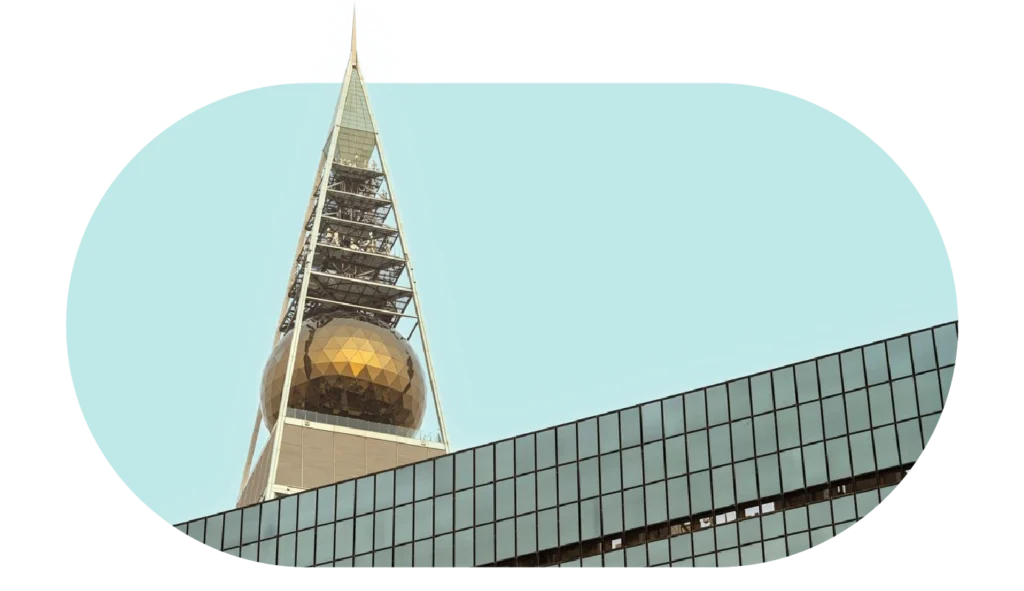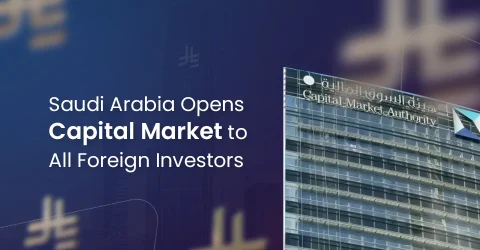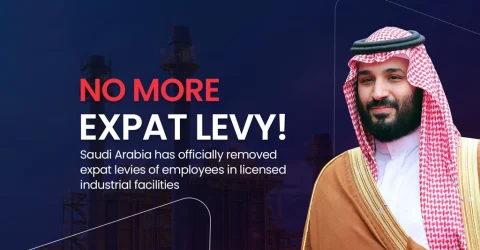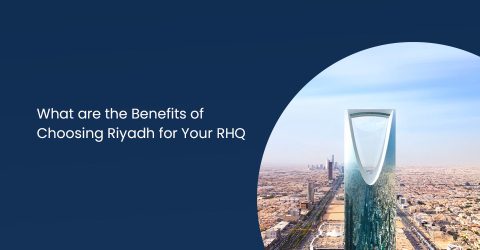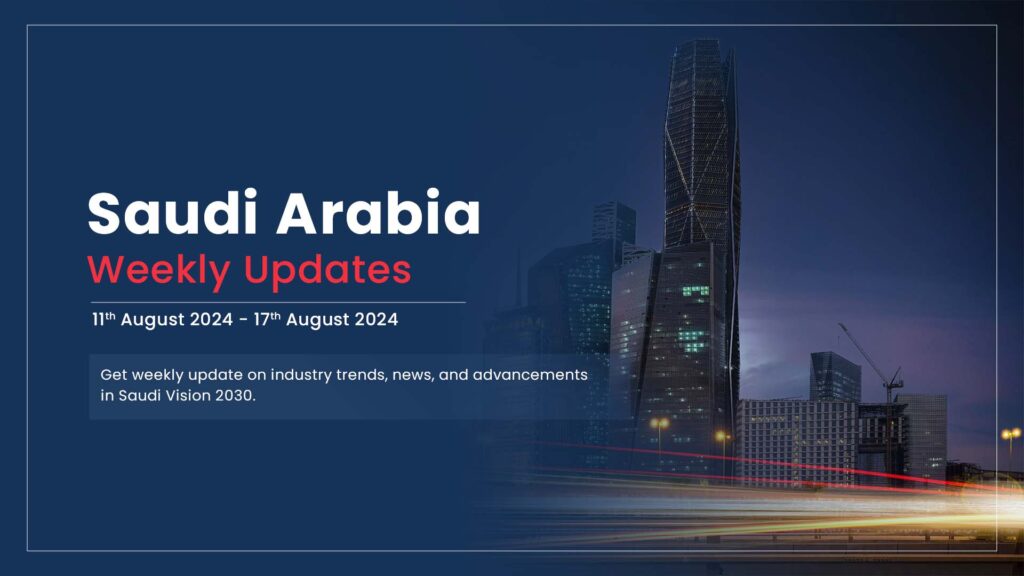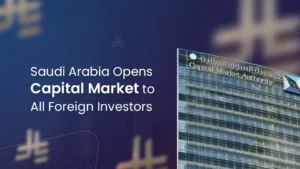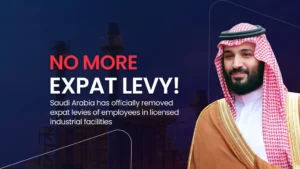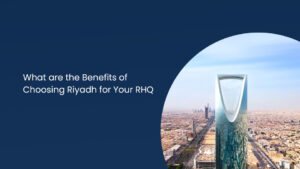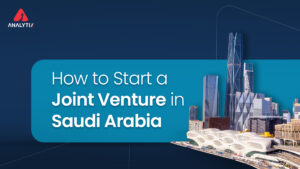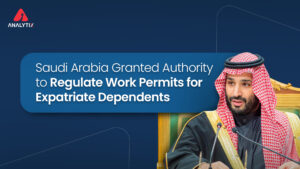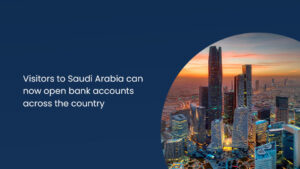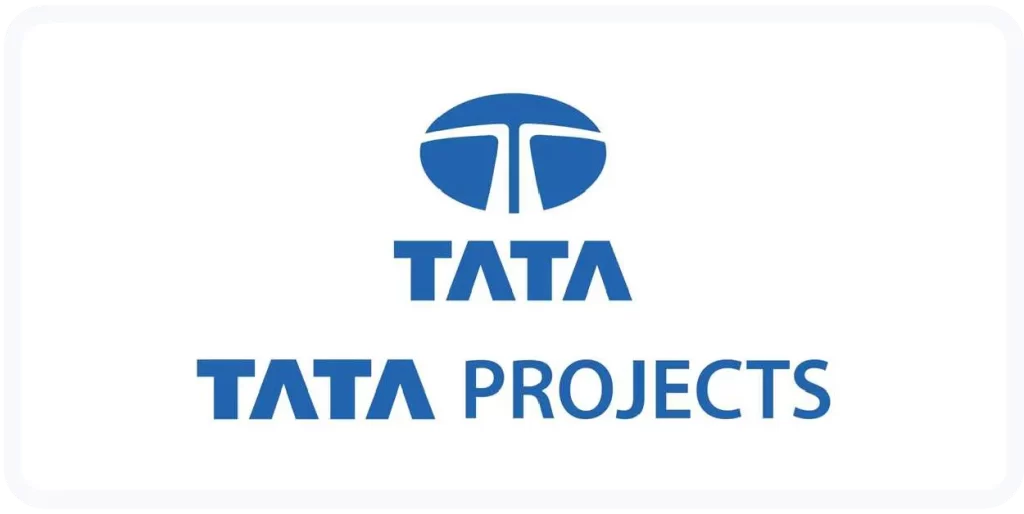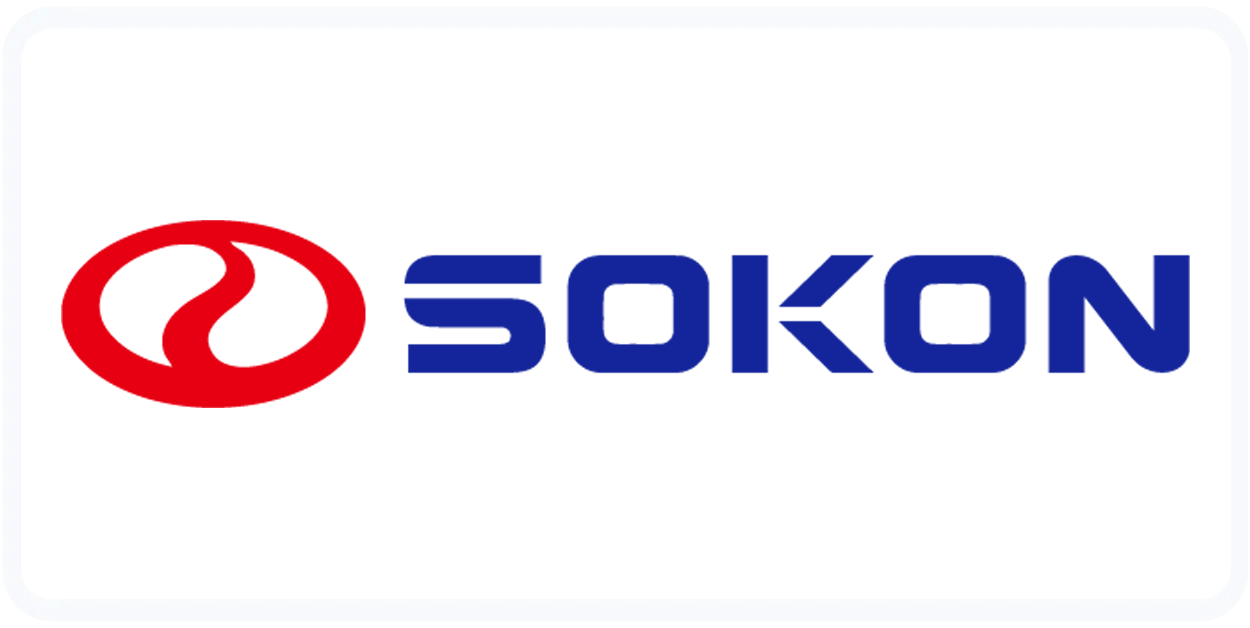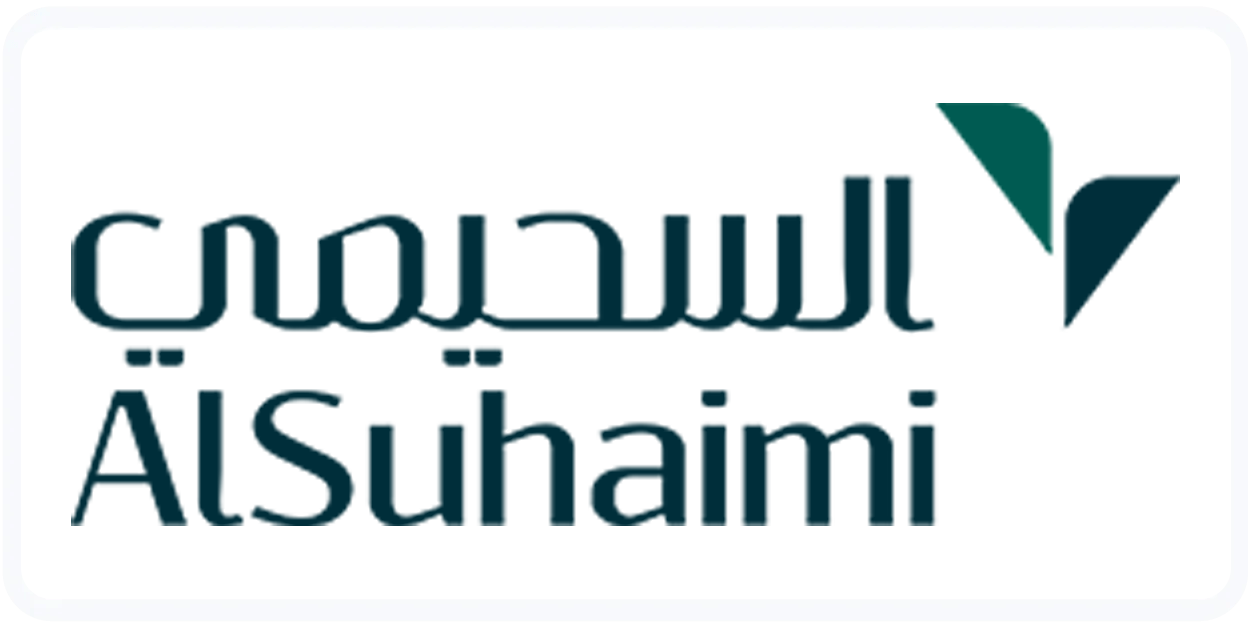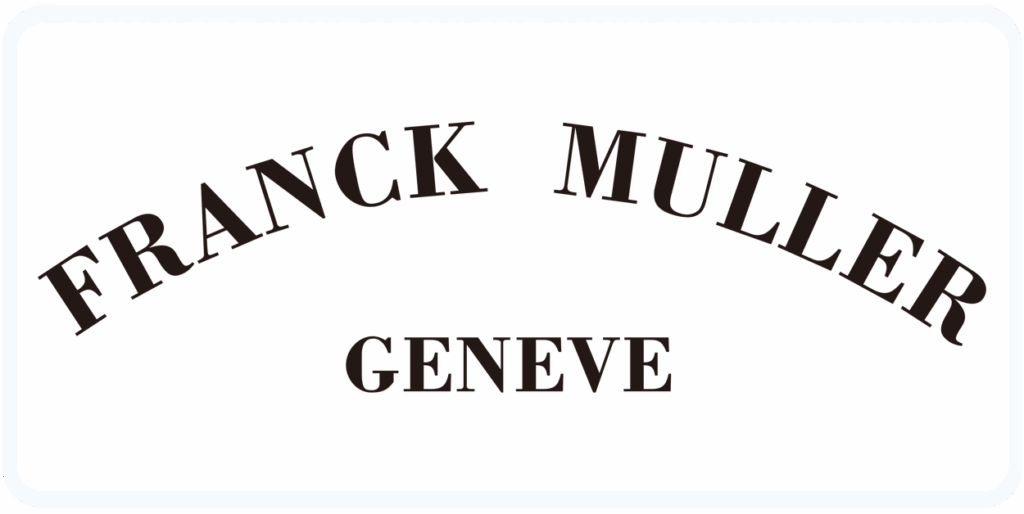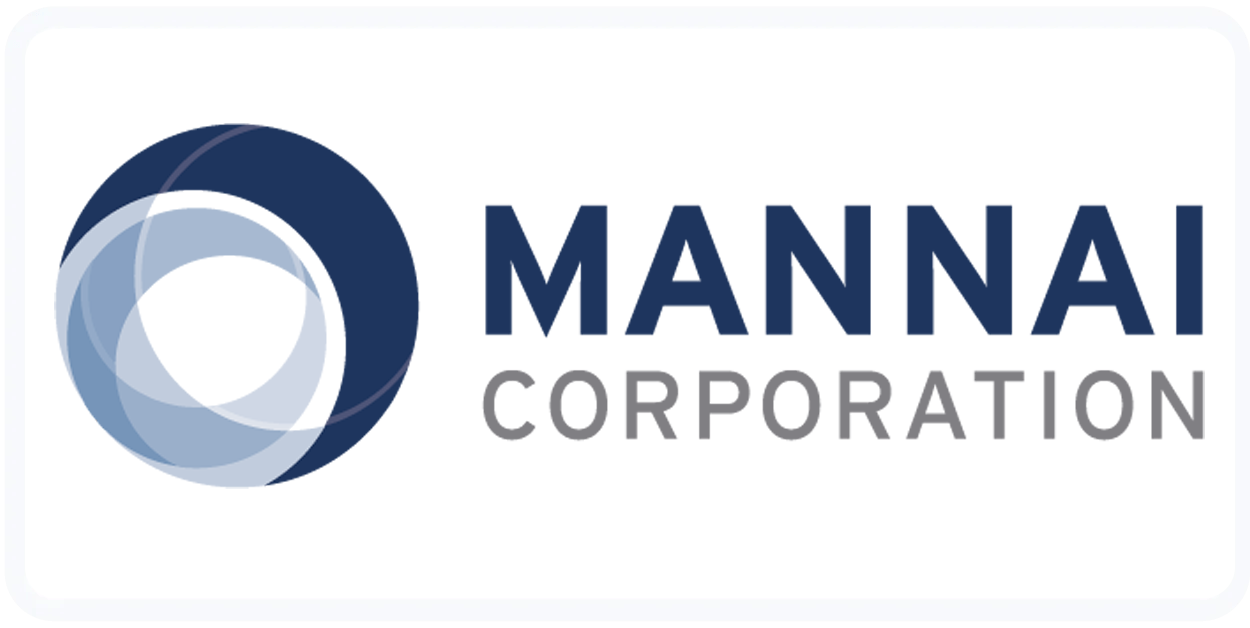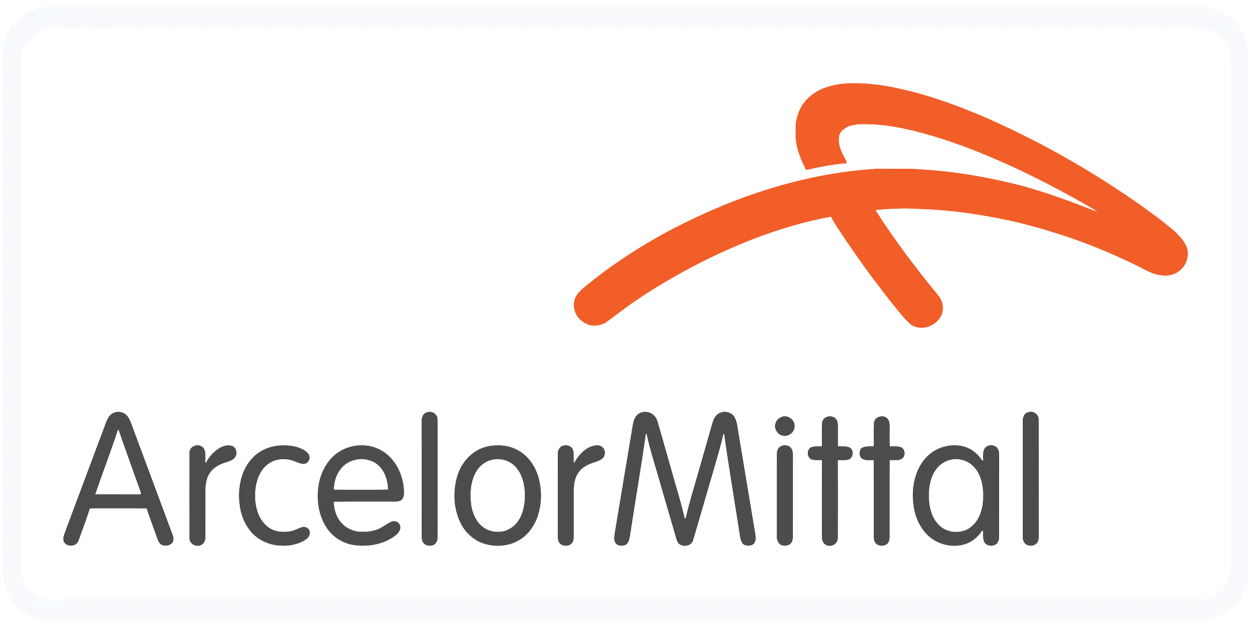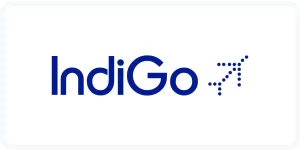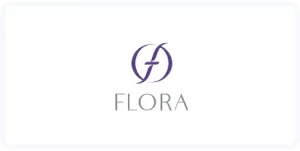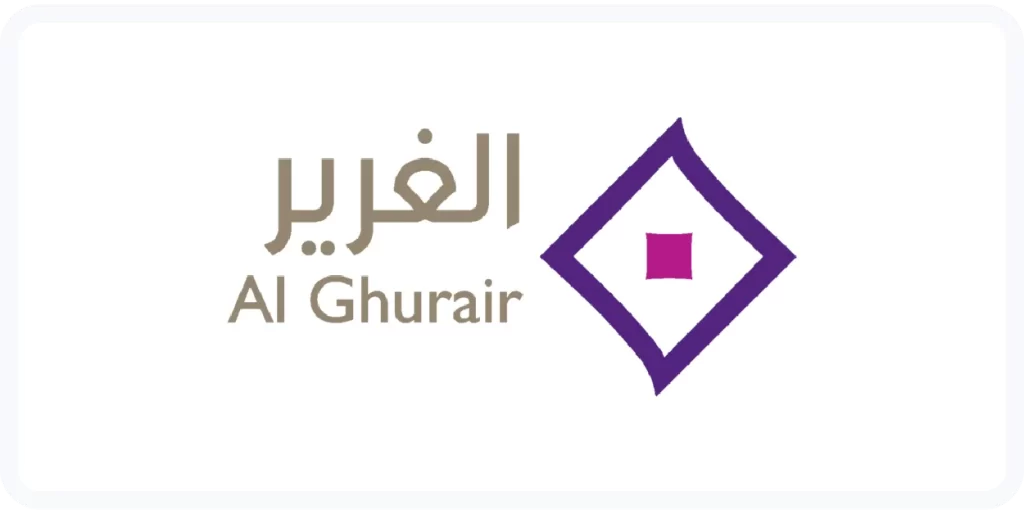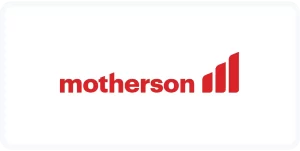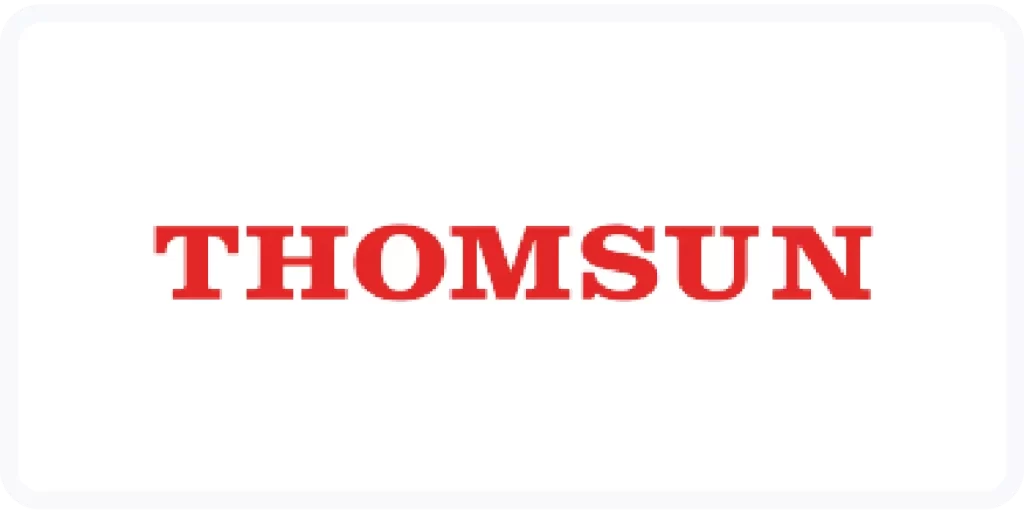Hello!
Ready to explore ‘Saudi Arabia this week’ by Analytix, with the latest weekly news updates and business insights from Saudi Arabia. Here we go!
From 11th August to 17th August 2024
Saudi to invest $ 1 trillion in economy by 2030: Capex super cycle
RIYADH: Saudi Arabia plans to spend $1 trillion in a “capex super cycle” by 2030, with 73% targeted at the non-oil sector, as highlighted by Goldman Sachs. Nonetheless, it has a funding gap of $25 billion every year for the capex projects which have raised issues of liquidity and funding thus moving towards other forms of funding.
As Goldman Sachs points out, there is a decreasing interest in funding the oil industry by potential decreases of $40bn between 2024-2028. However, natural gas is still essential to the growth of Saudi Arabia’s economy and decarbonization efforts.
The emphasis on clean energy sources has increased further with $ 235bn allocated to the sector, which is much greater than previously estimated. Saudi Arabia is one of the world’s fastest-growing renewable markets, with the goal of reaching up to 130GW of solar power by 2030. Other sectors such as metals, transport, logistics, and digitalization are also being invested heavily, which amounts to $400 billion.
Still, the question of finances remains an issue even with grand plans in mind. It was predicted that if oil prices are $80-$85 per barrel, and with decrease of production, Saudi Arabia’s budget deficit will reach 4.3% of GDP in 2024, having risen from 2% last year. This has been due to the increase in spending and the decline in oil revenues, hence creating a deficit.
To manage funding gaps, Saudi Arabia has turned to debt issuance raising over $35 bn in bonds and sukuk for the first half of 2024. It is also searching for new funding sources, for instance, the expansion of equity capital markets to help reduce the burden on the country’s banking systems.
According to the investment bank, Goldman Sachs the capex super cycle is likely to remain relevant to Saudi Arabia in delivering its economic plan even as there may be concerns on the fiscal impact and pace of the investments.
Contracts worth $ 3.46 trillion awarded for developing road network in Riyadh
RIYADH: The Royal Commission for Riyadh City (RCRC) is funding a major road development project in Riyadh aimed at improving the transport infrastructure of the city. In the first phase, contracts have already been signed for different projects amounting to SR 13 billion ($ 3.46 billion) for the development of key roads and ring roads to enhance sustainable transportation in Riyadh aligning with Vision 2030.
The first group of projects consists of four major road developments:
- Second Southern Ring Road: A 56-kilometer road connecting Al-Kharj Road with Jeddah Road, featuring four lanes in each direction and three service lanes and includes 32 bridges and 10 intersections.
- Wadi Laban Suspension Bridge: Construction of two parallel bridges and the construction of the intersection of the western ring road and Jeddah Road, a total distance of 4 km.
- Al-Thumama Road Axis: A 6 km long section running from King Khalid Road to King Fahd Road with emphasis placed on the western part of the axis.
- Taif Road Extension: A 16 km branch starting from Laban neighborhood to the Qiddiya project and connecting to the western end of Taif Road.
In order not to disrupt the normal traffic flow during its construction, RCRC has planned to arrange traffic diversion with the relevant authorities.
The overall program, which was launched by Crown Prince and Prime Minister Mohammed bin Salman, is intended to transform over 500 km of Riyadh’s road infrastructure, with the first phase of the project being expected to complete in 3 to 4 years. The goal of this project is to improve Riyadh’s role as one of the major transportation hubs in the Middle East.
Jeddah hospital achieves Milestone performing robotic surgery
RIYADH: King Faisal Specialist Hospital and Research Center in Jeddah recently performed a pioneering surgery that used a fully robotic system to remove the pancreatic head tumor of a patient who’s in his 60s, as reported by the Saudi Press Agency.
This new procedure underlines the center’s interest in the development of medical technology and the quality of treatments delivered to the clients. This was a robot-assisted operation in which the tumor together with the pancreatic head and part of the stomach, the first part of the duodenum, and the bile duct were resected.
During the robot-assisted surgery, the affected area was removed and reattached through small incisions in the abdomen. This approach reduces the recovery time compared to that of the traditional surgery which usually creates a large incision which increases the risk of infection and takes longer time to recover.
The success of this advanced procedure required collaboration between surgeons, nurses, anesthesiologists and radiologists as well as intensive care specialists. The patient was a good fit for this robotic surgery as he’s medically fit and has never undergone any abdominal surgery.
This achievement gives opportunities for expansion of operations that will be performed robotically so as to advance medical outcomes, patients’ experiences and organizational effectiveness.
Saudi Arabia achieves 84% in Digital Experience Maturity Index in 2024
RIYADH: The Saudi Digital Government Authority (DGA) unveiled the 2024 rating of the Digital Experience Maturity Index which reached 85. 04% at an ‘advanced’ level. The index analyzed 39 digital platforms in four main aspects across 20 themes. These were the aspects of beneficiary satisfaction, user experience, and how platforms deal with complaints, embracing feedback from more than 175,000 users.
DGA Governor Eng. Ahmed Al-Suwaian made it clear that the goal of the index is to increase the satisfaction of the beneficiaries and improve the digital experience, helping Saudi Arabia become a digitally advanced country and accelerating the process of digitalization. The constant enhancement in the index results reflects the tireless work of the government-related organizations in enhancing their digital services.
The detailed results featured the top 10 platforms, all of which reached the advanced level: Tawakkalna (91.29%), General Authority for Social Insurance (91.18%), ZATCA (90.42%), Absher (90.39%), Ehsan (90.27%), Etimad (90.21%), Musaned (87.28%), Qiwa (87.18%), Spirit of Saudi Arabia (86.21%), and Najiz (86.09%).
It has also clarified the methodology of the Digital Experience Maturity Index itself and its main perspectives, axes, and detailed criteria. These updates are expected to provide an overall assessment of digital platforms, raising the number of platforms reviewed in each cycle.

